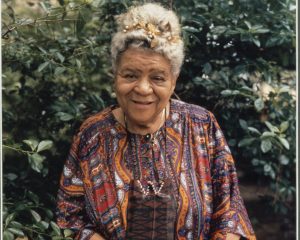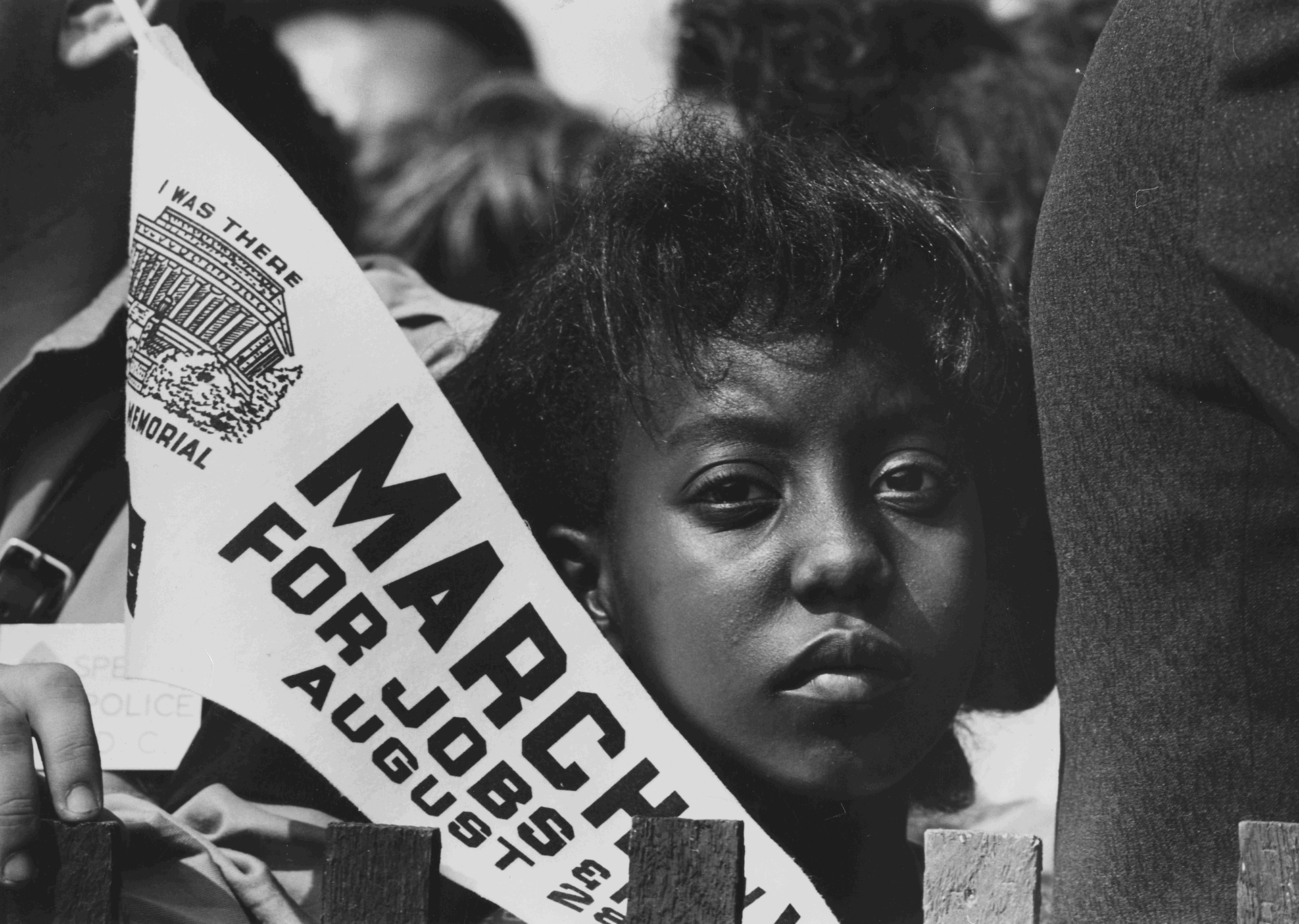“A Womanist Perspective of the Black Power Movement”

“Ashley D. Farmer’s Remaking Black Power: How Black Women Transformed an Era represents an essential development in a new generation of Black Power scholarship. Farmer’s contribution is a woman-centered overview of the Black Power movement. Like Peniel Joseph’s work, Remaking Black Power will reinforce the significance of recognizing Black Power studies as a sub-field in African American history and Africana studies. Preceded by Rhonda Williams’s Concrete Demands: The Search for Black Power in the Twentieth Century and Robyn Spencer’s The Revolution has Come, Farmer’s Remaking Black Power continues a trend within Black Power scholarship that challenges masculinist narratives of the movement.
Remaking Black Power is cutting edge as it offers a comprehensive-womanist perspective of the Black Power movement. Farmer’s interpretation of various categories of women’s activism is unique and illuminating. From the “Militant Black Domestic” to “Revolutionary Black Woman,” “African/Afrikan Woman,” and “Third World Woman,” Farmer offers frameworks to explore the representation of activist women with a variety of ideological developments within Black Power. The “Militant Black Domestic” parallels the antecedents of the Black Power movement through grassroots civil rights and Old Left intersections with the Black freedom movement. The “Revolutionary Black Woman” highlights women’s engagement with the Black Panther Party (BPP) and self-described revolutionary nationalism. The focus of “African Woman” is in the cultural-nationalist ideological trend, specifically Kawaida, from the Organization Us to the Congress of African People. The “Afrikan Woman” is a variation of cultural nationalism to the development of Pan-Afrikan nationalism, which was a dominant ideological trend of the Black Power movement in the early 1970s.1 Finally, the “Third World Woman” examines the revolutionary intersectional development of the Black Women’s Alliance and the Third World Women’s Alliance.”
